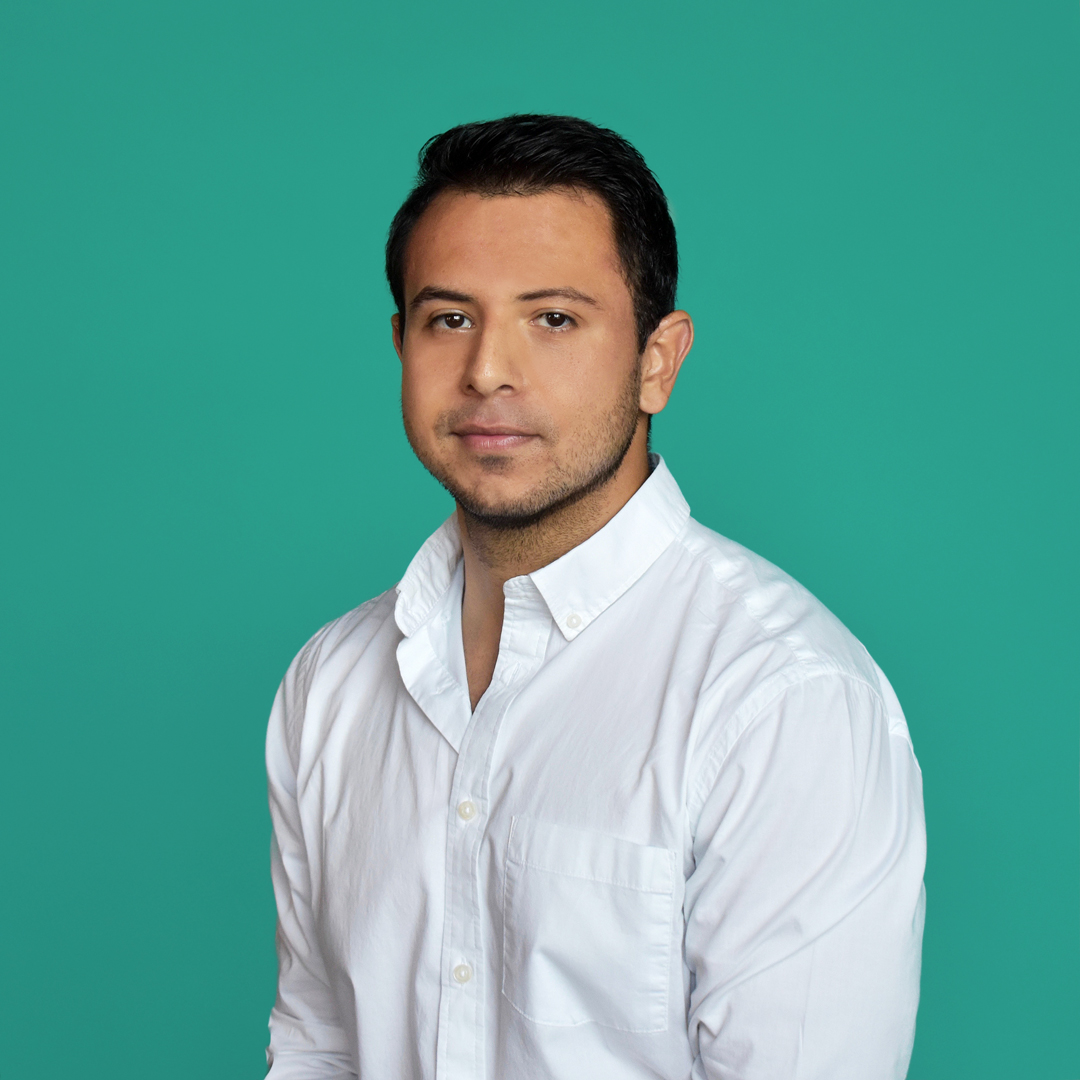|
Getting your Trinity Audio player ready...
|
If you have ever bounced along in a truck made in North America, chances are you rode on a Rassini suspension system. The majority of North American light vehicles use the company’s suspension products, and one-third rely on Rassini disc brakes. But with an engineering team of dozens and dozens, a supply of approximately one hundred robots, and an array of innovative new tools on hand—including the largest 3-D printer in Latin America—Rassini is looking to the horizon and finding new ways to improve even on its own impressive past.

Rassini’s chief legal officer, Juan Pablo Rosas, is himself always peering through the windshield to understand what is coming. As the go-to leader for all legal matters, a member of the board of management, and secretary of the board of directors, the attorney leads a robust legal team through a constant process of planning and coordination. The in-house work includes negotiations with clients, financing, and corporate matters. “My main duty is to understand the management’s vision and its strategy in order to anticipate the best legal route,” Rosas explains.
But Rosas does more than help safeguard drivers by forwarding the Rassini corporate vision. The company is deeply committed to promoting community wellbeing, he explains, and places a prime focus on environmental and social governance. This includes issues related to sustainability—the company is always taking issues like water and energy consumption into consideration in its manufacturing processes.
But to Rosas and everyone else at Rassini, creating a positive impact is about more than adopting eco-friendly production measures. “Working with the community is in our DNA,” Rosas emphasizes, describing company events such as annual facility family days where employees are able to show off their workplace to their partners and children. But Rassini, as Rosas notes, is not content to contain community involvement inside facility walls.
The CLO supports the company’s efforts to navigate and support the larger communities surrounding Rassini sites—which, in recent years, have included company-wide responses to natural disasters like Hurricane Harvey and the recent earthquake in Mexico as well as the construction of various housing facilities, public parks, and community centers.
On top of this, the company has dedicated itself to helping address the opioid crisis currently devastating the area near Rassini’s Ohio facility. In partnership with Harvard University Medical School, the Northwest Community College, and local hospitals and wellness centers, Rassini created an education, prevention, treatment, and recovery program called Responding to the Opioid Crisis in Northwest Ohio. The program is now being replicated in other areas.
These types of transformational efforts, Rosas knows, are critical to both Rassini and the communities it engages with. He takes pride in building these relationships, certain that, as a result of these efforts, “the community will look to the company differently, as a part of their community.”
In addition to driving advancements in local communities, Rassini continually looks inward to find areas of improvement. Indeed, as a member of the company’s ethics committee, Rosas has helped oversee the evaluation of a global system that Rassini uses to facilitate the filing of integrity claims. Rassini deems it essential, the CLO emphasizes, to find ways to drive the business forward while following the moral imperative.
“The company is continuously looking for ways to improve, no matter the previous success,” he says. “The culture of our company is what makes us able to face the future, overcome any challenge, and achieve goals.”
In fact, it is the Rassini culture that prompted Rosas to accept the CLO position seven years ago. By leaving a successful partnership in private practice, Rosas says, he gained “the opportunity to be more proactive, more dynamic, and to be a part of management decisions.” He enjoys fully conceptualizing the company’s aims, an integration between the business and legal side not usually afforded to private practice attorneys.
“The company is continuously looking for ways to improve, no matter the previous success.”
As Rosas has learned, being enmeshed in the company’s operations includes the nitty-gritty of manufacturing. He laughingly says that he likes cars “just fine,” but admits that touring the factories to understand how to achieve best productivity and value is most satisfying for him. “Sometimes I think I should have been an engineer,” he says, chuckling.
Rosas’s deep knowledge of Rassini’s production practices has been critical to the company’s ability to respond to the safety and economic challenges wrought by COVID-19. He has been involved in the evaluation of various protocols for facilities, testing, and employee education, and Rassini has administered at least three thousand COVID-19 tests to employees working in its Mexico City facilities. “We must make people safe,” the CLO stresses, but paired with that urgent need for immediate physical safety is “a priority to safeguard every job.”
Fortunately, Rosas has navigated several unexpected situations in the past and has a general roadmap for these types of situations. “You build a task force and do the work, adjusting skills and experience for the situation,” he says. “If you are not an active player, someone else will make decisions on your behalf.”
Rosas continues to look down the road at what is to come. No matter the future brings, the chief legal officer remains ever ready to help guide Rassini in the right direction.
As the leading Mexico-focused full-service law firm, Santamarina + Steta aids national and international clients pave their way inside the country. We represent clients in all kinds of transactions, identifying diverse work styles and philosophies to shape comprehensive optics into customized solutions with successful results.
Related Links
At Volkswagen Cristian Torres Keeps His Eyes on the Road Ahead

